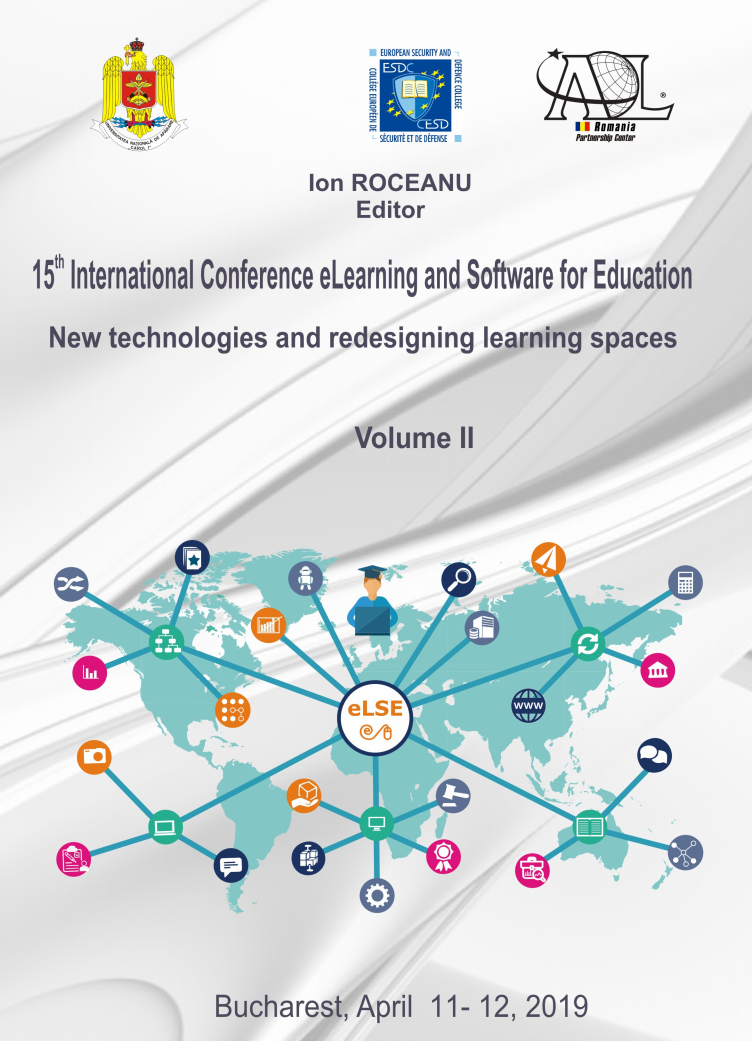Knowledge and Use of Plagiarism Detection Programs in Academic Work by Students
Knowledge and Use of Plagiarism Detection Programs in Academic Work by Students
Author(s): Valentina Vartic, Emilia OprişanSubject(s): Social Sciences, Education, Higher Education
Published by: Carol I National Defence University Publishing House
Keywords: university education; ethical norms; antiplagiarism; copyright; information; education;
Summary/Abstract: The interest for higher quality in higher education targets and respects the ethical standards of writing and presenting academic papers by both teachers and students. In the context of public discussions over copyright over the last few years and a self-plagiarism, universities in Romania have made efforts to align with the standards of European universities for knowledge and enforcement in this area. Thus, specific procedures and work platforms have been created and developed (e.g. the webstudentase.ro platform, the use of the Semplag program at the University of Piteşti, accessing www.sistemantiplagiat.ro at the "Carol Davila" University of Medicine and Pharmacy in Bucharest). Although in the last years, in the course of seminars, laboratories, practical activities and courses on academic writing norms, according to the legal provisions in force, a study among the students of the Faculty of Psychology and Education Sciences reveals the insufficient understanding of the meaning of the term plagiarism, the incomplete knowledge of the modalities the plagiarism, the self-plagiarism, the possibilities of avoidance, as well as the sanctions for violation of the legislation. The study also shows a knowledge and use of plagiarism detection programs for a small number of surveyed students. Familiarizing with academic writing rules, author citation, use of translators in other languages for each first year of study, attention to compliance with these standards throughout the course of all faculty work, constant application of ethical rules to prevent plagiarism can prevent the risk of non-compliance with academic standards and the improvement of business activities in universities.
Journal: Conference proceedings of »eLearning and Software for Education« (eLSE)
- Issue Year: 15/2019
- Issue No: 02
- Page Range: 300-305
- Page Count: 6
- Language: English

